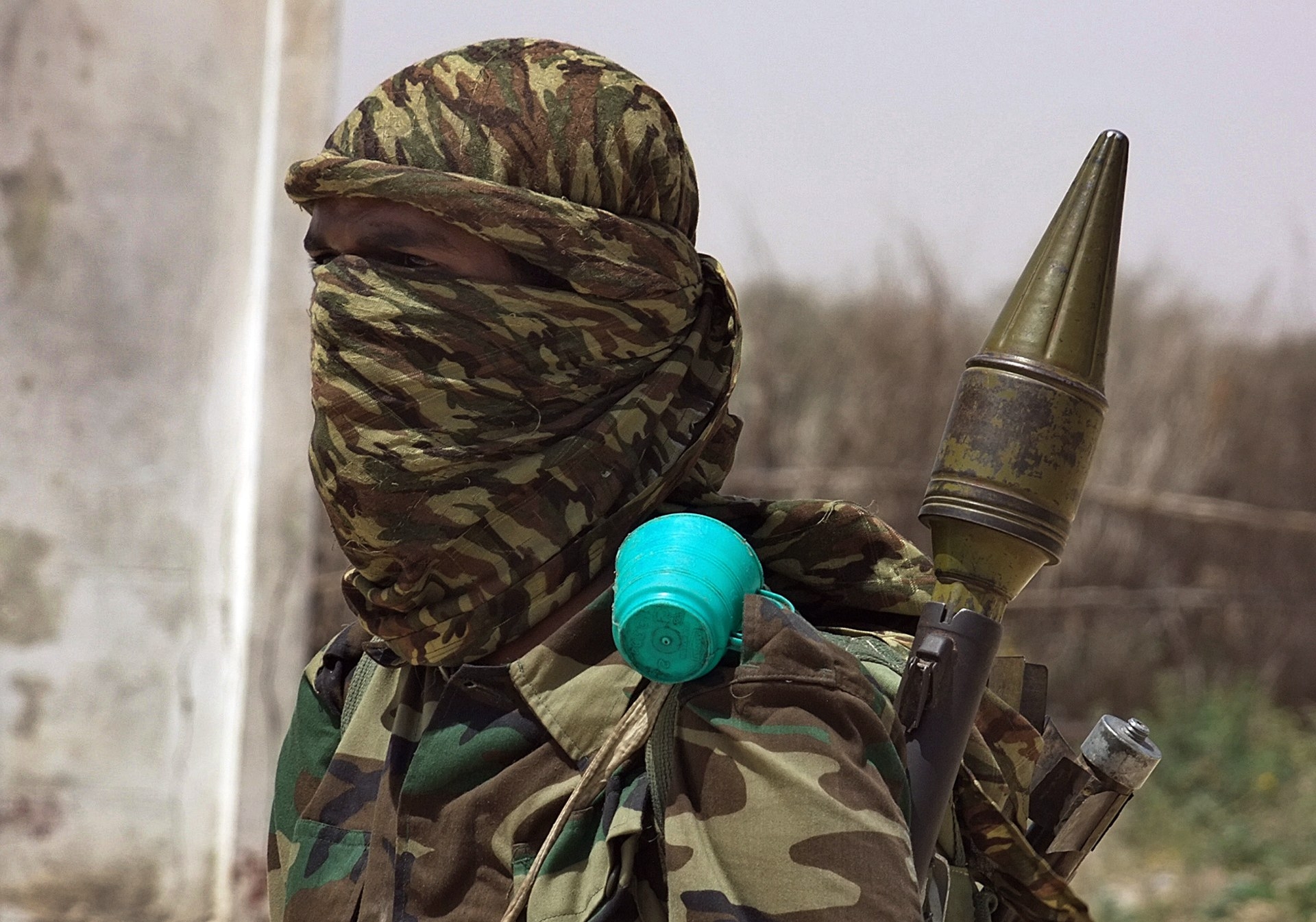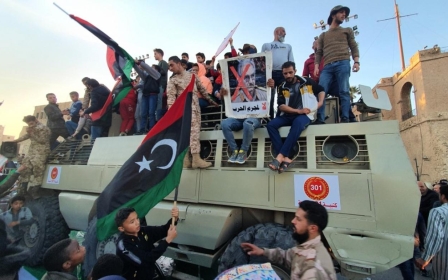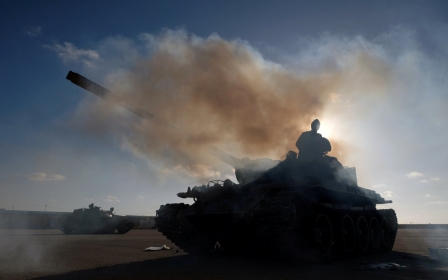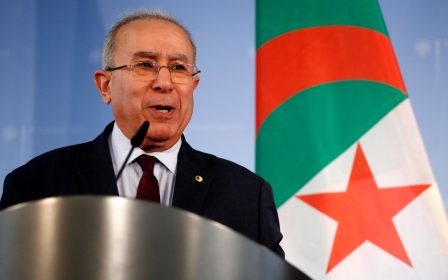Turkey accuses the UAE of supporting al-Shabab amid Libya tensions

The Turkish government on Thursday chided its regional rival the United Arab Emirates, accusing it of backing terrorists and coup plotters and violating international law in a sign that the gloves are finally off between the two after many years of tensions.
In a blunt statement, the Turkish foreign ministry accused the Emiratis of backing notorious Somali militant group al-Shabab, as well as the Southern Transitional Council's separatist ambitions in Yemen.
Ankara’s reaction came in response to a statement by Abu Dhabi released earlier on Thursday accusing Turkey of interfering in Arab affairs in Libya by deploying “terrorists” in the country, a reference to Syrian fighters sent to prop up Turkey's embattled ally the Government of National Accord (GNA).
While Ankara reiterated its support and respect for the territorial and political integrity of Arab countries, it also alleged that the UAE was trying to “cover up” its support for coup plotters.
“The UAE government's ugly and unfounded accusations against Turkey are, in fact, the result of an ulterior motive to hide its own destructive activities,” the statement said.
“For years, the UAE has been providing putschists in Libya with weapons, military equipment and mercenaries.”
The Turkish statement was particularly noteworthy because of its tough language. It said the UAE was undermining peace efforts not only in Libya, but also in Yemen, Syria and the Horn of Africa.
“In this context, the support given by the UAE to terrorist groups, particularly al-Shabab and separatist activities in Yemen is not a secret,” the statement said.
UAE on the back foot
The war of words between the two countries comes after forces belonging to the Tripoli-based GNA made gains in Libya's west in recent days against the UAE-backed Libyan National Army (LNA).
With Turkey’s deployment of armed drones, Syrian fighters and advanced weaponry, pro-GNA forces seized three cities along the coast and then went after LNA's main operational base at Tarhouna, 65km south-east of Tripoli.
Victory in Tarhouna could put an end to the civil war, according to GNA officials.
The GNA’s rapid advance against the LNA sent shockwaves from Abu Dhabi to Moscow, which have also poured in Chinese-made drones, armoured vehicles and mercenaries to the country to defeat the Tripoli government.
'For years, the UAE has been providing putschists in Libya with weapons, military equipment and mercenaries'
- Turkish statement
In a surprising move, LNA commander Khalifa Haftar earlier this week declared himself as the ruler of Libya with a “popular mandate” from the people, effectively marginalising the Benghazi-based civilian parliament which has been backing him.
He has also declared a Ramadan ceasefire, which many observers see as an attempt to carve out breathing space and consolidate territory.
The tensions between the UAE and Turkey have been boiling since the 2016 failed coup attempt in Turkey.
While both governments supported opposite sides in several Middle Eastern countries rocked by uprisings during the Arab Spring, Ankara now believes that Abu Dhabi has been actively trying to topple the government in Turkey.
Anonymous Turkish sources have previously accused exiled Fatah leader Mohammed Dahlan of transferring money to coup plotters on behalf of the Emirati government.
Middle East Eye delivers independent and unrivalled coverage and analysis of the Middle East, North Africa and beyond. To learn more about republishing this content and the associated fees, please fill out this form. More about MEE can be found here.





